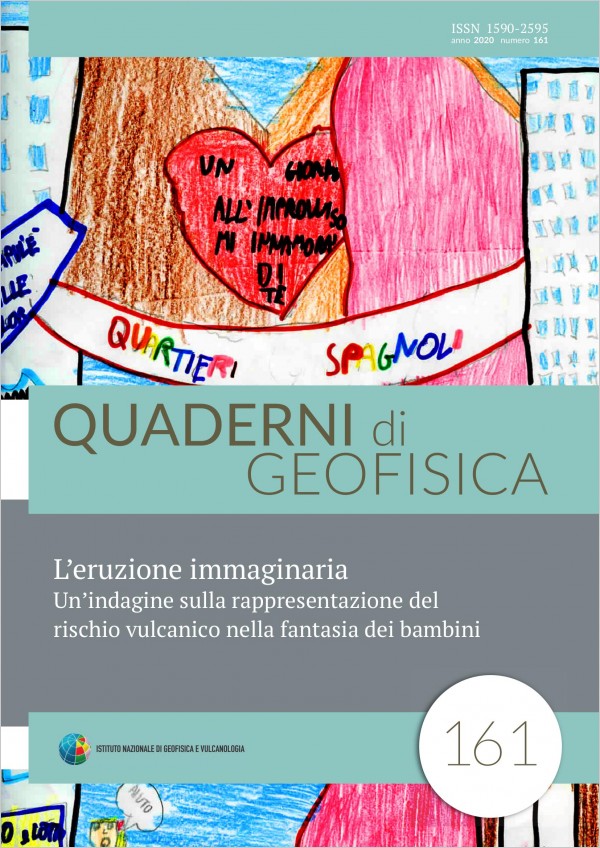The volcanic risk has long been the focus of scientific dissemination projects, particularly in the Naples area, where the Osservatorio Vesuviano has promoted over the years numerous initiatives aimed at providing information on the hazard and volcanic risks. The training initiatives were carried out in schools developed in collaboration with the Department of Civil Protection and the dissemination activities were addressed to the population through guided visits to the historic site of the Observatory or public meetings, exhibitions, seminars, etc. organized in collaboration with the City of Science and other local authorities. Since 2005 the training activity took advantage of the EDURISK project, an initiative more specifically dedicated to seismic and volcanic risk education in schools, which has led to teacher training courses. One of the most exciting experiences developed by the EDURISK project was the realization in the school year 20172018 of a survey on the imagery of children and young people on volcanic risk. This activity aimed to identify, through a creative activity the invention of a story in a volcanic environment how they perceive the volcanic context in which they live, how they imagine an eruption could occur and what their response capacity could be. The survey was carried out in 23 primary and secondary school classes of Comprehensive Institutes in the Vesuvius area (Ercolano, Scafati, Torre del Greco) and Phlegraean (Marano di Napoli, Pozzuoli, Quarto), involving a total of about 500 children among 8 and 12 years old. Among the many themes that emerged, three are fundamental. In the Phlegraean area, the perception of living “inside” a volcano is practically absent: it is, therefore, essential to activate paths of knowledge of the territory in which one lives. The transition from the appearance of precursors and eruption is instantaneous: there is, therefore, no specific scientific knowledge, including the uncertainty about the possible evolution of the phenomena. Finally, in case of the eruption, the children think they must save themselves: in their stories, there are no institutions, an organized system of civil protection and emergency management: it is therefore essential and urgent an educational work on the recognition of community resources and reconstruction of trust between citizens and institutions.
Published: 2021-04-01

